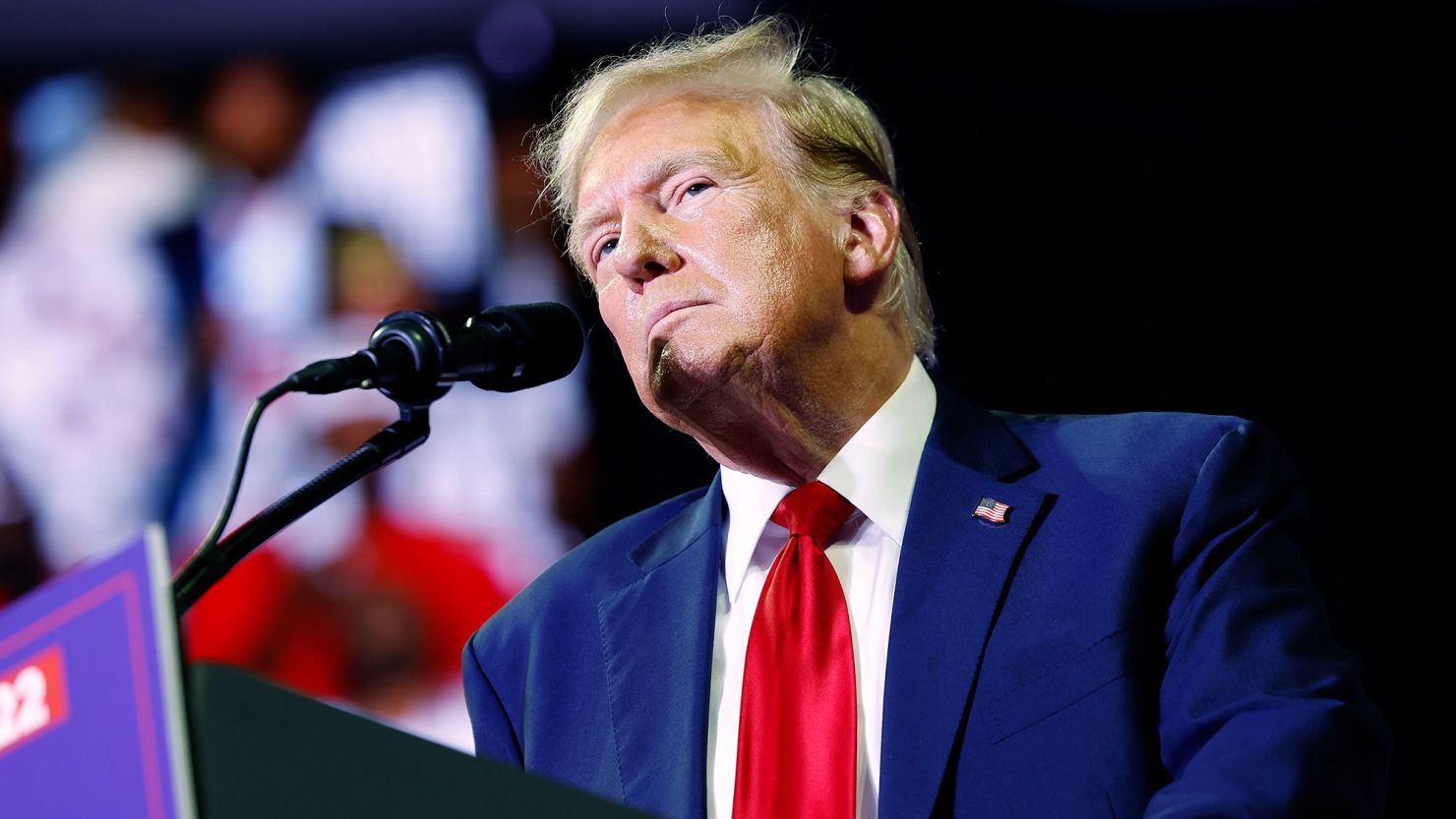The recent assassination attempt on former President Donald Trump has brought to light a troubling intersection of profit-seeking and ethical boundaries within online platforms, particularly as the upcoming presidential race intensifies.
Following the incident at Trump’s campaign rally in Pennsylvania, various opportunists swiftly capitalized on the ensuing chaos, peddling merchandise, spreading conspiracy theories, and using the event for political gain.
On Meta platforms, political advertisers wasted no time in exploiting the shooting. They began marketing a range of products themed around the assassination attempt, from T-shirts and shot glasses to trading cards and coffee mugs featuring dramatic scenes of the Secret Service intervention.
These ads, though often small in scale, underscored how right-wing e-commerce sites and political affiliates sought to monetize a moment of national tension, albeit at Meta’s profit.
Moreover, alongside profiting from merchandise, some political ads propagated misinformation about the incident. Groups like Conservative Voices of America falsely implicated President Biden and the so-called “deep state,” while others misrepresented the political affiliations of the shooter.

Such ads, designed to provoke and mislead, highlighted the volatile landscape platforms like Meta navigate as they attempt to balance free speech with community standards and advertiser demands.
Meta’s response to these ads remains pivotal. While the platform has made efforts to remove ads lacking proper disclaimers, questions linger about its broader strategy in moderating such controversial content. This incident has placed Meta, and platforms like it, under increased scrutiny regarding their role in preventing misinformation and ensuring electoral integrity while safeguarding their business interests.
Critics argue that platforms must adopt more stringent measures to combat misinformation and protect user trust. The ongoing debate over reinstating Trump’s accounts post-Capitol riot underscores the complexities platforms face in navigating these issues.
As platforms like Meta and TikTok outline their election-year strategies, including bolstered moderation and consultation with experts, the efficacy of these measures remains under scrutiny amid escalating concerns about algorithmic influence and content accuracy.
Looking ahead, the regulatory landscape may play a crucial role in shaping platform policies. While Europe has moved towards stricter regulations under the Digital Services Act, the U.S. currently relies on existing legal frameworks that prioritize free speech, complicating efforts to impose broader content moderation standards.
Ultimately, the aftermath of the Trump assassination attempt serves as a stark reminder of the ethical dilemmas and regulatory pressures platforms face in the lead-up to a contentious election cycle. As platforms endeavor to balance profitability with responsibility, their decisions on content moderation and user safety will continue to shape public discourse and political outcomes in an increasingly digital world.
